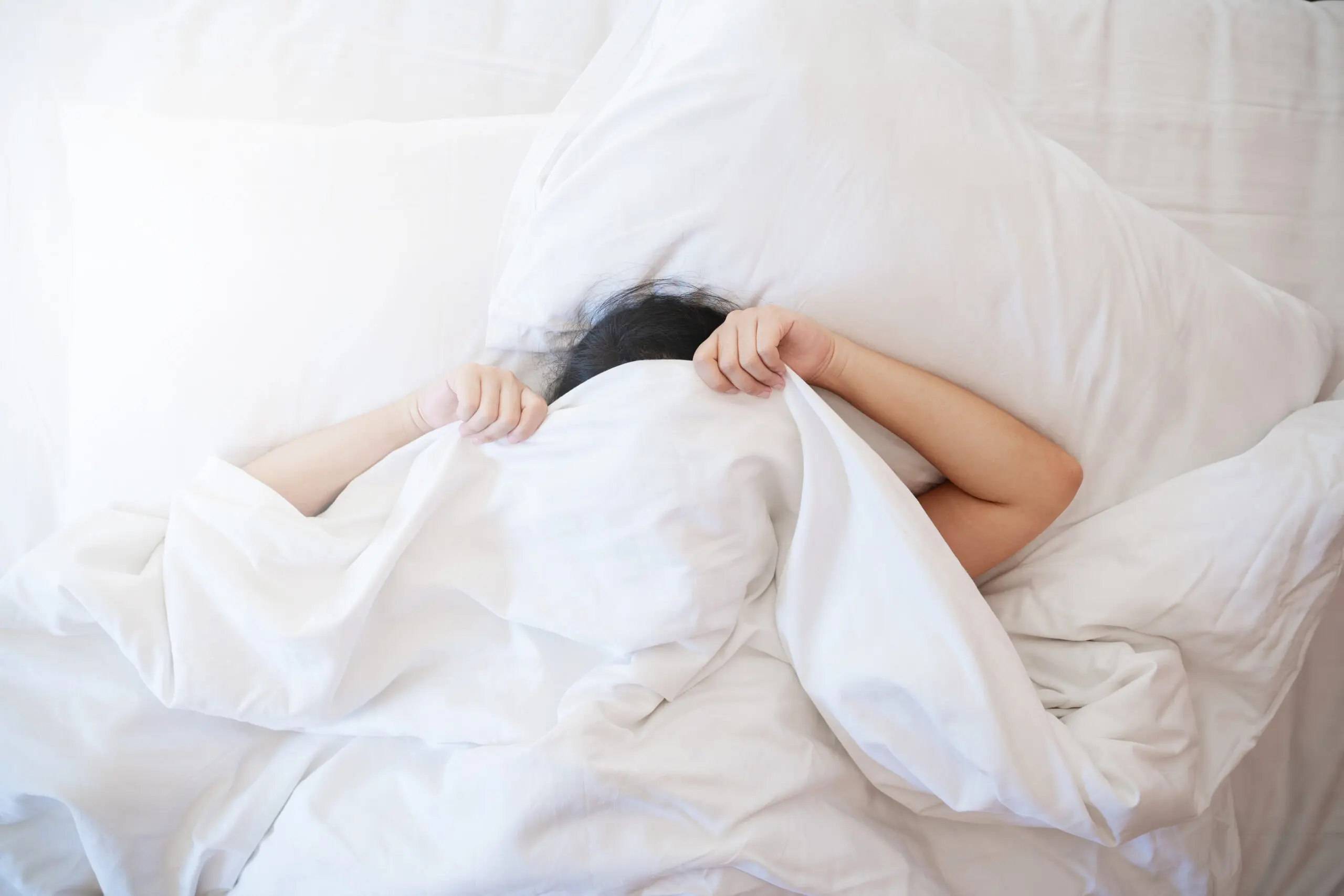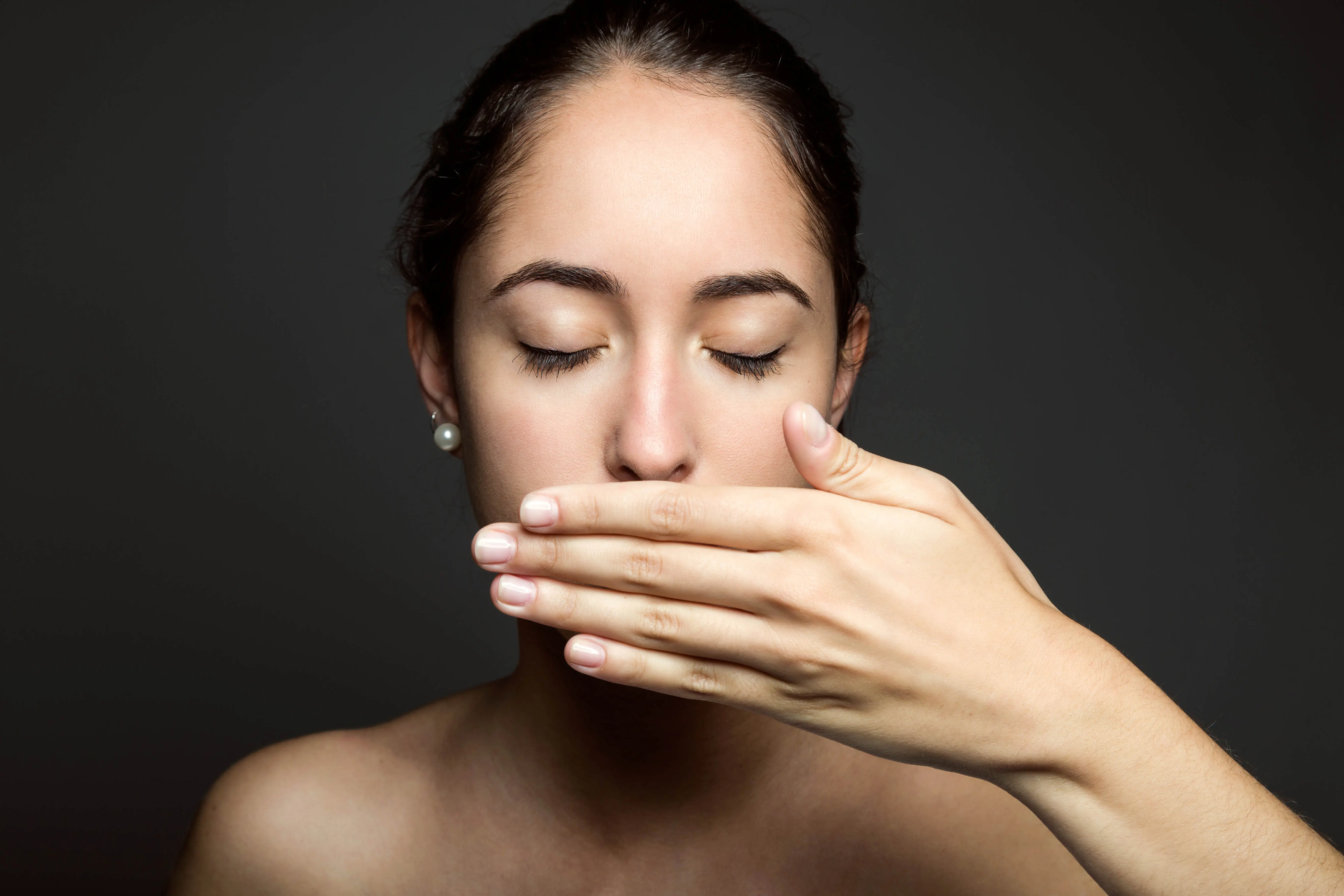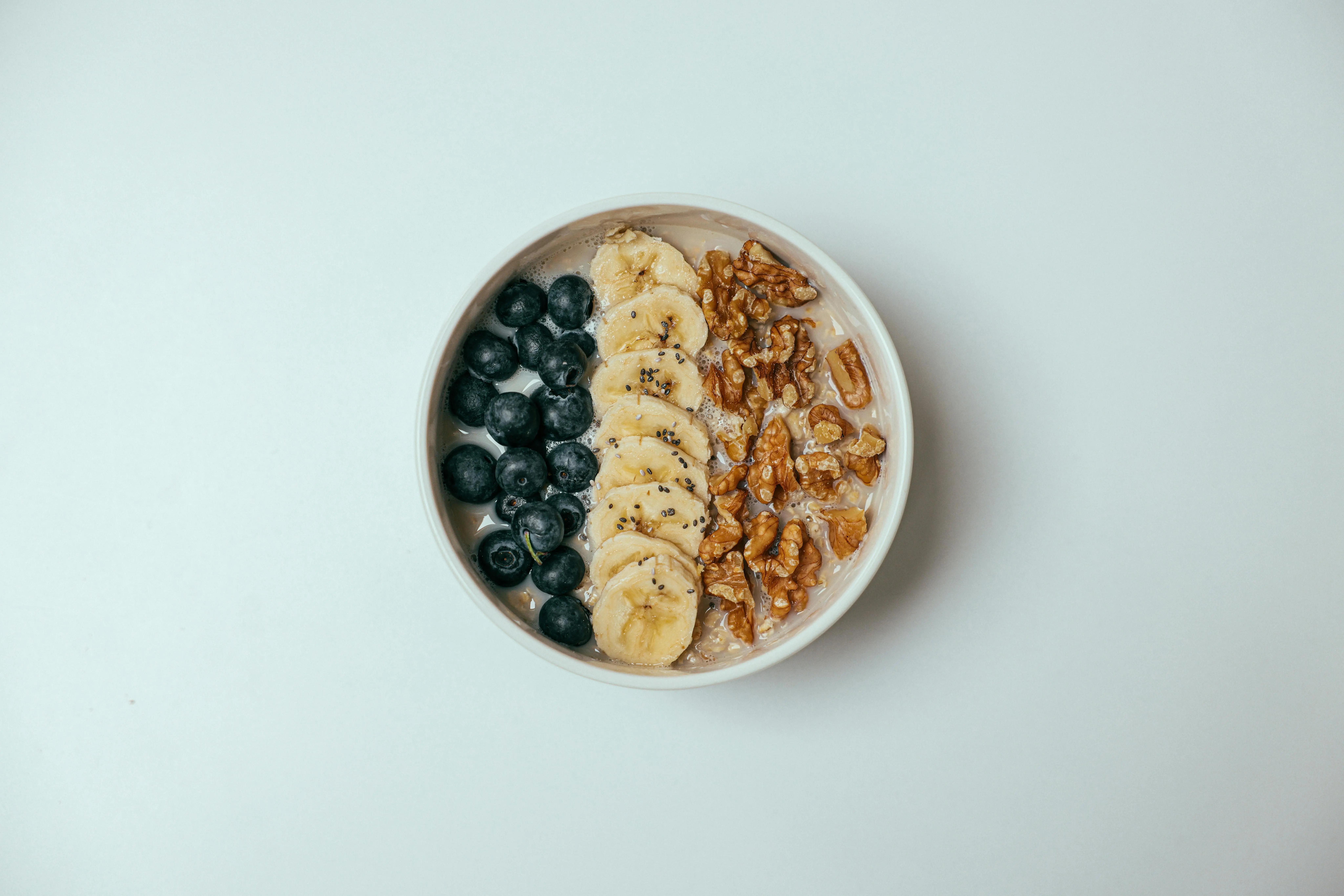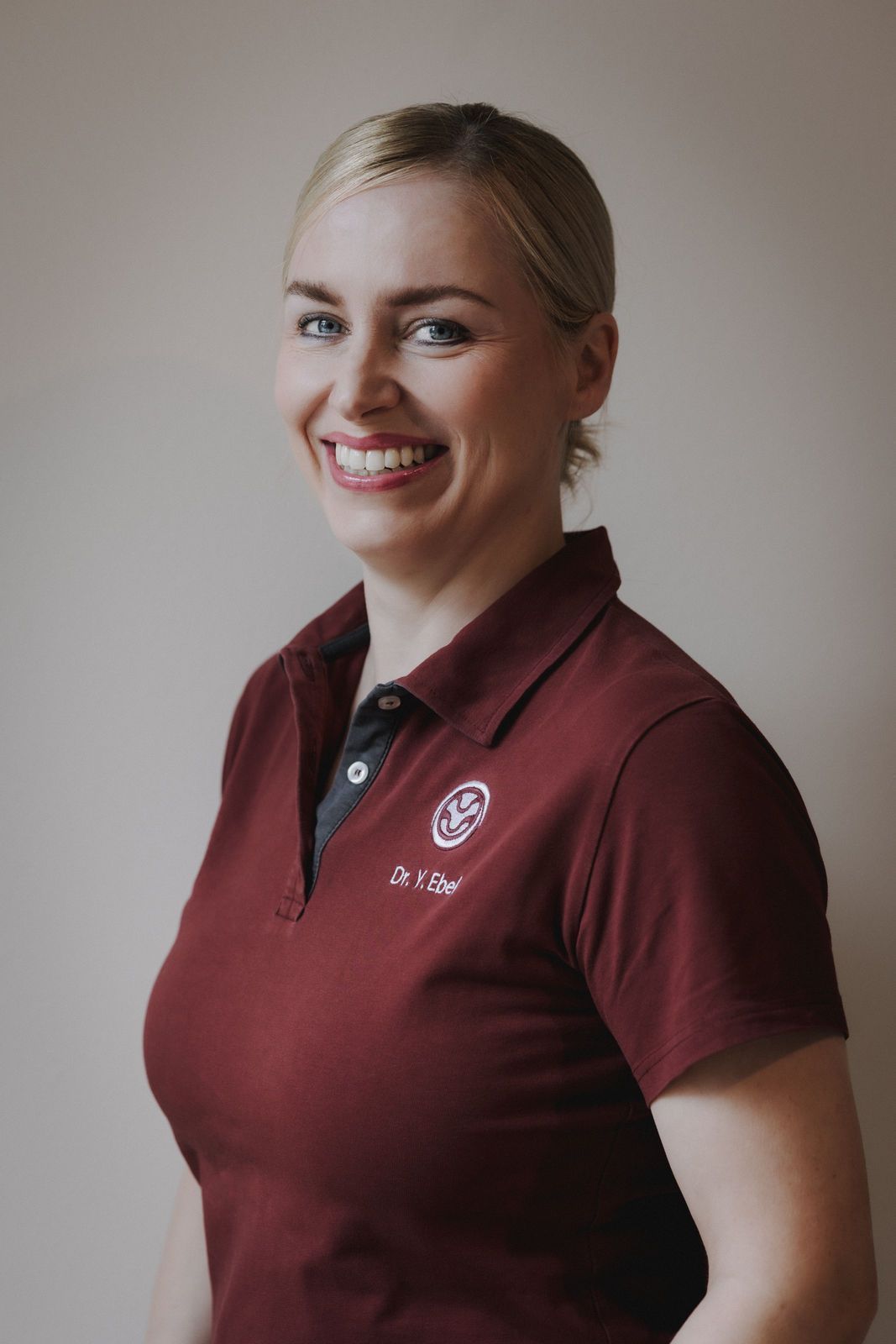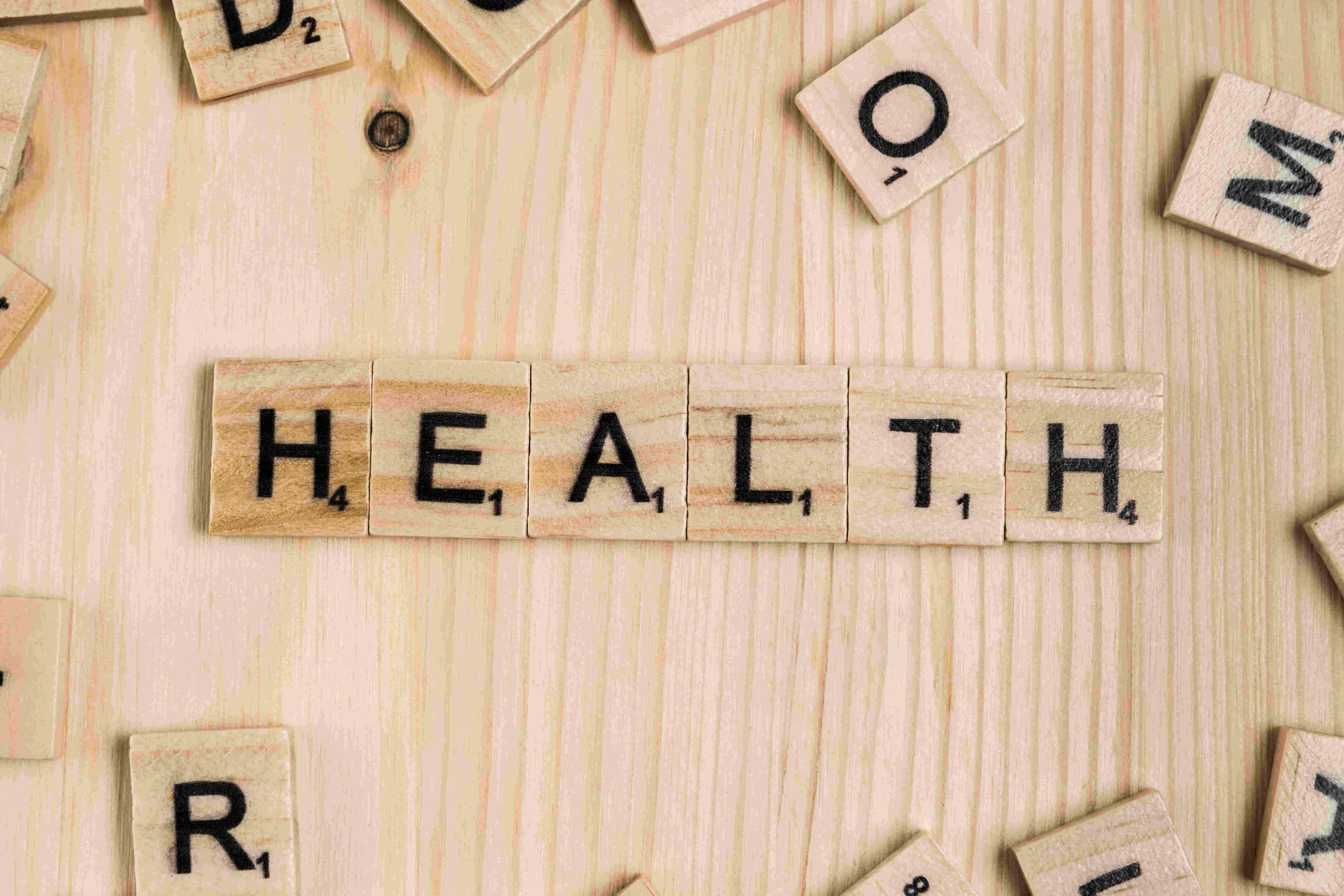Sleep disorders are not uncommon and affect almost everyone at some point – particularly often women during menopause. The term menopause refers to the years around menopause, i.e., the time around the cessation of menstruation.
Some women cannot fall asleep properly during this period, others cannot stay asleep, or they lie awake all night. 40 to 60 percent of all women complain about sleep problems, insufficient or poor sleep during menopause.
What you need to know about the 4 phases of menopause
What is meant by sleep disorders?
If sleep deviates from the usual time and known rhythm, it is referred to as sleep disorders (insomnia). A distinction is made between primary and secondary sleep disorders:
Primary sleep disorders:
- Recurring problems falling and staying asleep
- Restless leg syndrome
- nighttime breathing and movement disorders
- daytime sleepiness (hypersomnia)
- jet lag or shift work-related sleep-wake rhythm disorders (dyssomnia)
Also parasomnias such as:
- sleepwalking
- night terrors
- nightmares
Secondary sleep disorders occur when a disease - such as depression or chronic pain - is the cause of the disturbed sleep behavior.
Causes of sleep disorders during menopause
Hormones
Perimenopause begins, which usually occurs between the ages of 40 and 50, the production of Progesterone in the ovaries has already decreased. This hormonal change can have fatal effects on sleep because: Progesterone promotes sleep. It also relaxes the psyche and relieves anxiety.
A little later, when the ovaries also gradually produce Estrogen If the sleep quality continues to suffer, adjust it. Estrogen affects metabolic processes in the brain that influence deep sleep in terms of the duration of its phases.
Night sweats
A typical symptom of menopause is hot flashes, including nighttime sweating. It is actually the most common cause of sleep problems. If hot flashes occur at night, affected women wake up and then have difficulty falling back asleep. Sometimes the nighttime sweating is so severe that clothes have to be changed.
